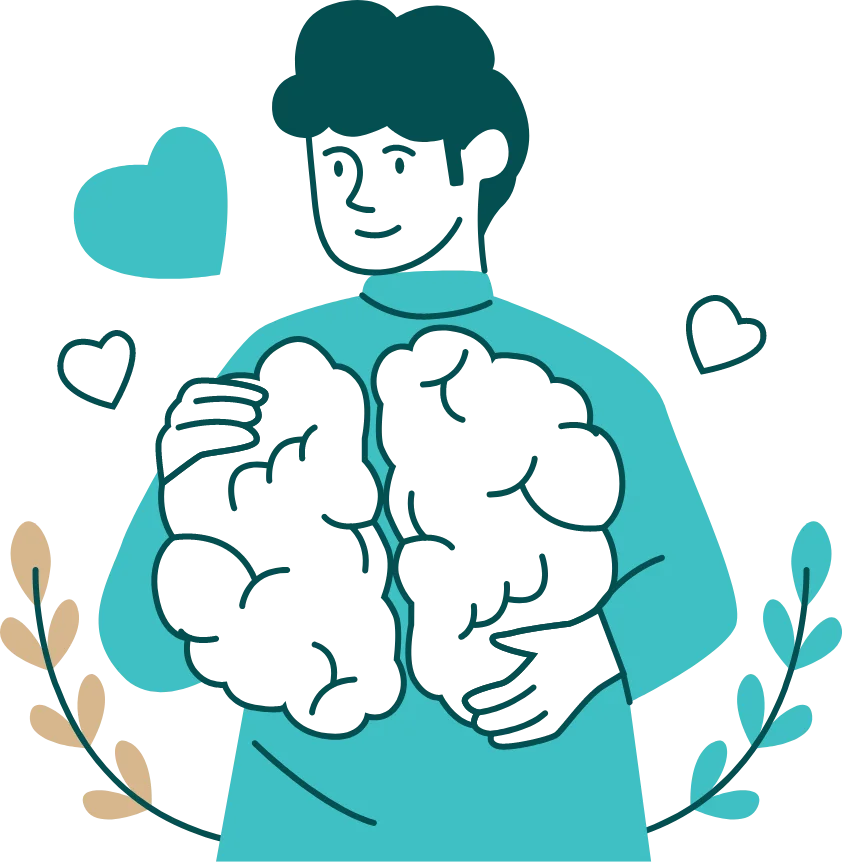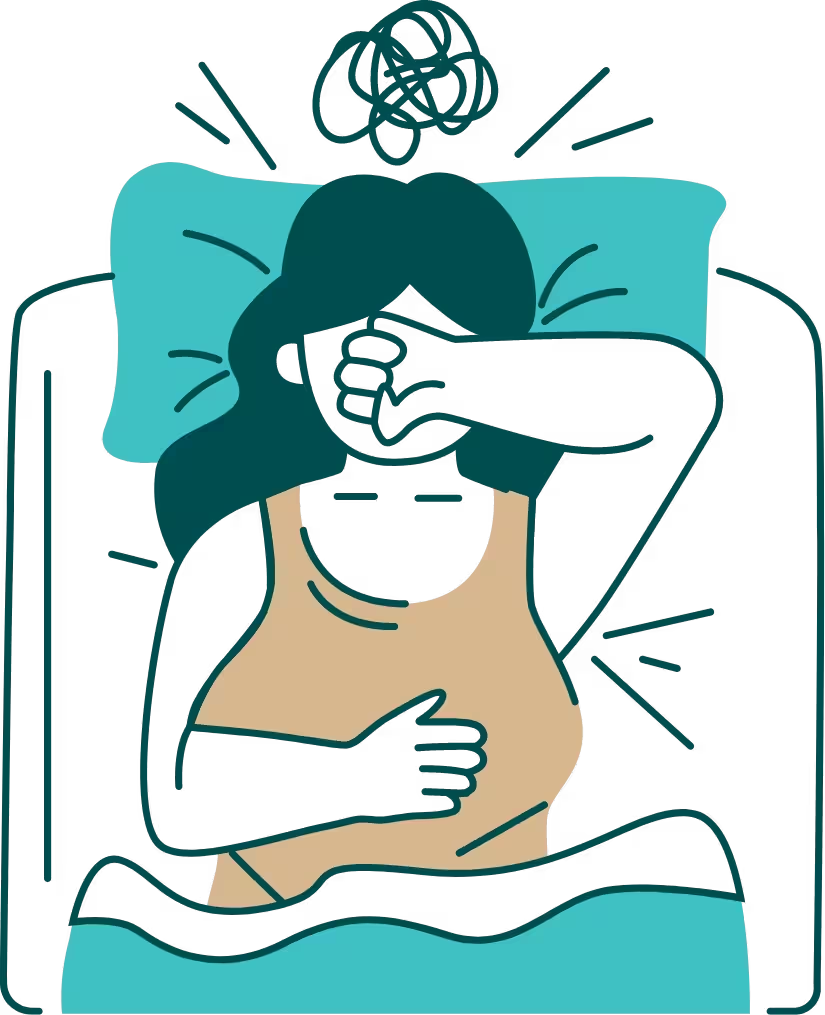General Adult Psychiatry
Our mission at Altitude Mind Clinic is to ensure each patient receives the treatment, management, and overall support they deserve.
The conditions listed under general psychiatry are not a one size fits all. Most patients experience aspects of multiple conditions, and our goal is to help our patients navigate these concerns and reach their peak health.

Anxiety
Anxiety is a common mental health condition affecting people of all ages and is characterised by intense feelings of fear, worry or unease about everyday situations. While occasional anxiety is a normal and often beneficial response to stress, persistent or excessive anxiety can interfere with daily life and may signal an underlying anxiety disorder.
Depression
Depression is a mental health condition that impacts people of all ages, genders and backgrounds. More than feeling sad or having a bad day, depression is a persistent condition characterised by a severe low mood or a loss of interest in activities once found enjoyable. This disorder can interfere with daily life, relationships and physical health, making early recognition and treatment essential.
Schedule a Telehealth with an Experienced Psychiatrist Today
Obsessive-Compulsive Disorder (OCD)
Obsessive-compulsive disorder (OCD) is a mental health condition characterised by persistent, intrusive thoughts (obsessions) and repetitive behaviours or mental acts (compulsions) performed to reduce distress or prevent feared outcomes. These behaviours often interfere with daily functioning and cause significant distress.
Symptoms of OCD
OCD symptoms are separated into obsessions and compulsions.
Causes of OCD
While the exact cause of OCD is unknown, contributing factors may include:
- Genetics: A family history of OCD may increase the risk.
- Brain Structure and Function: Abnormalities in brain circuits, particularly involving serotonin, are linked to OCD.
- Environmental Triggers: Stressful life events or trauma can exacerbate symptoms.

Post-Traumatic Stress Disorder (PTSD)
Post-traumatic stress disorder (PTSD) is a mental health condition that can develop after experiencing or witnessing a traumatic event, such as violence, natural disasters, accidents, or military combat. It disrupts emotional wellbeing and daily functioning.
Symptoms of PTSD
PTSD symptoms can affect everyone differently and are usually categorised into four groups.
Causes of PTSD
PTSD is triggered by exposure to traumatic events. Risk factors include:
- Experiencing or witnessing life-threatening events.
- A history of trauma or abuse.
- Genetic predisposition or existing mental health conditions.
- Lack of support after a traumatic experience.

Schedule a Telehealth with an Experienced Psychiatrist
Why Choose Altitude Mind Clinic?
Our psychiatrists specialise in managing a range of complex mental health conditions, but more than that, we prioritise the wellbeing of each patient. With Altitude Mind Clinic, you receive the support you deserve to become a better version of yourself and overcome your mental health challenges.
take the first step towards finding focus and peace in your everyday life.